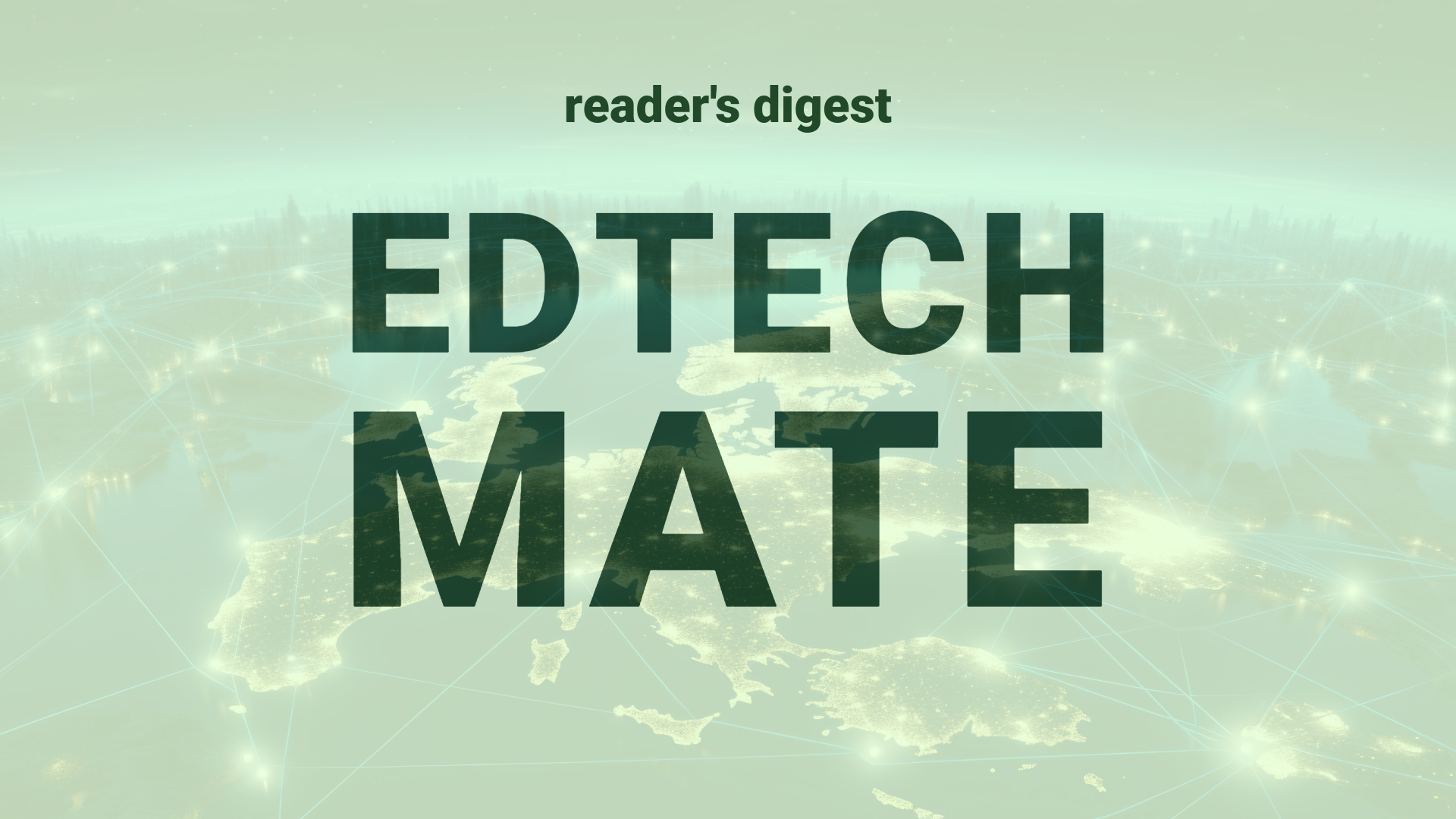Executive Summary and Main Points
The intersection of artificial intelligence (AI) and data security represents a pivotal shift in global higher education. Reports from S&P Global and others underscore the steep increase in AI adoption, with 70% of organizations deploying at least one AI project. Concurrently, data security emerges as the foremost challenge in this AI era, due to the expanded risks associated with handling vast quantities of data across disparate cloud environments and jurisdictions. An effective approach encompasses securing the AI (accounting for its role in data exposure and regulatory compliance), securing from AI (guarding against AI-generated cyber threats), and securing with AI (leveraging AI for defense and threat anticipation). Strategic positioning in secure AI implementation offers educational institutions the confidence to innovate unburdened by the specter of cyber threats.
Potential Impact in the Education Sector
The surge in AI adoption influences Further Education and Higher Education through enhanced data-driven insights, personalized learning experiences, and operational efficiencies. However, it also necessitates bolstered data security measures to protect the sensitive information of students, faculty, and research initiatives. In the realm of Micro-credentials, AI escalates the availability and customization of professional development offerings, yet raises concerns around the validation of credentials and privacy of learner data. Institutions must form strategic partnerships with cybersecurity experts to navigate these complexities and ensure the secure deployment of AI applications while embarking on their digital transformation journey.
Potential Applicability in the Education Sector
Innovative applications of AI in global education systems should include real-time threat detection models, automated compliance with international data protection regulations, and AI-enhanced curation of tailored educational content. Emphasis on securing AI infrastructure ensures that student information systems, learning management platforms, and research databases remain protected from ever-evolving cyber threats. Moreover, AI can aid in developing predictive analytics tools to support student success and institutional planning.
Criticism and Potential Shortfalls
While AI holds transformative potential for higher education, its integration comes with critical challenges, such as threats of data breaches, deepfake technology misuse, and AI-facilitated phishing attacks. Comparing international case studies reveals differences in readiness and response to such risks across varied ethical and cultural dimensions. Countries with stringent data protection laws may fare better, but the global nature of education networks necessitates a careful balance between innovation and security. Furthermore, the ethical implications of AI use in evaluations and admissions processes call for cautious and considered implementation.
Actionable Recommendations
Educational leadership should proactively engage in a threefold data security regimen that aligns with the changing digital landscape. Firstly, institutions must implement comprehensive risk assessments and AI security training for IT staff and educators. Early detection systems must be designed to identify AI-facilitated threats. Partnerships with cybersecurity firms and involvement in global cybersecurity initiatives could enhance unified defense strategies. Lastly, it is pivotal to integrate ethical guidelines for AI use in the educational sector, ensuring responsible utilization that respects student privacy and institutional integrity.
Source article: https://www.cio.com/article/1311003/3-data-security-disciplines-to-drive-ai-innovation.html

